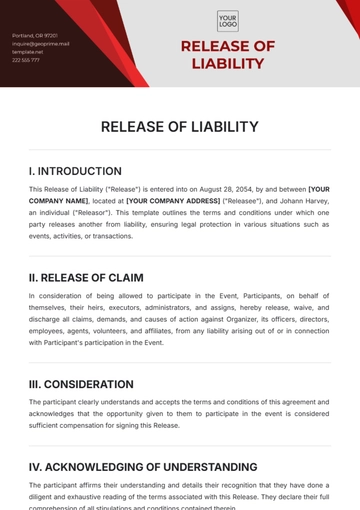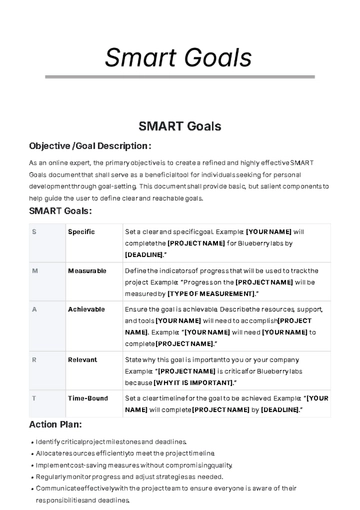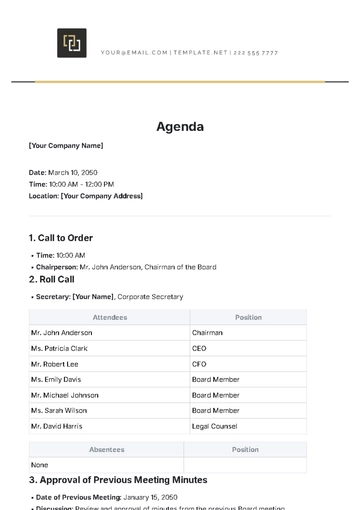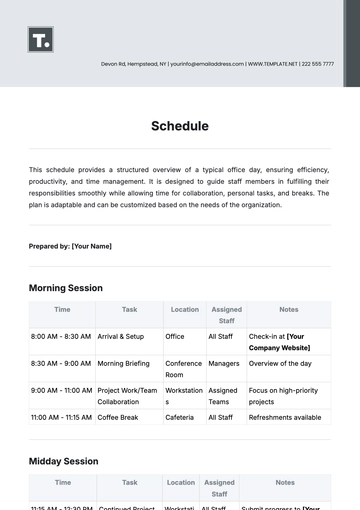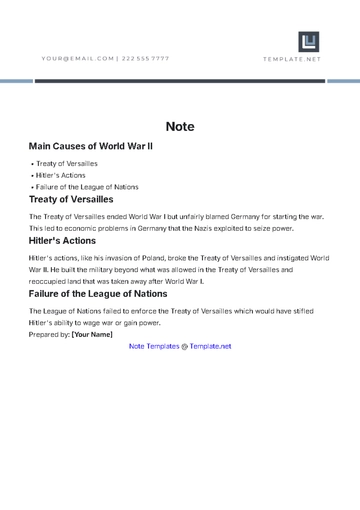Free Multi-Cultural Ethnography
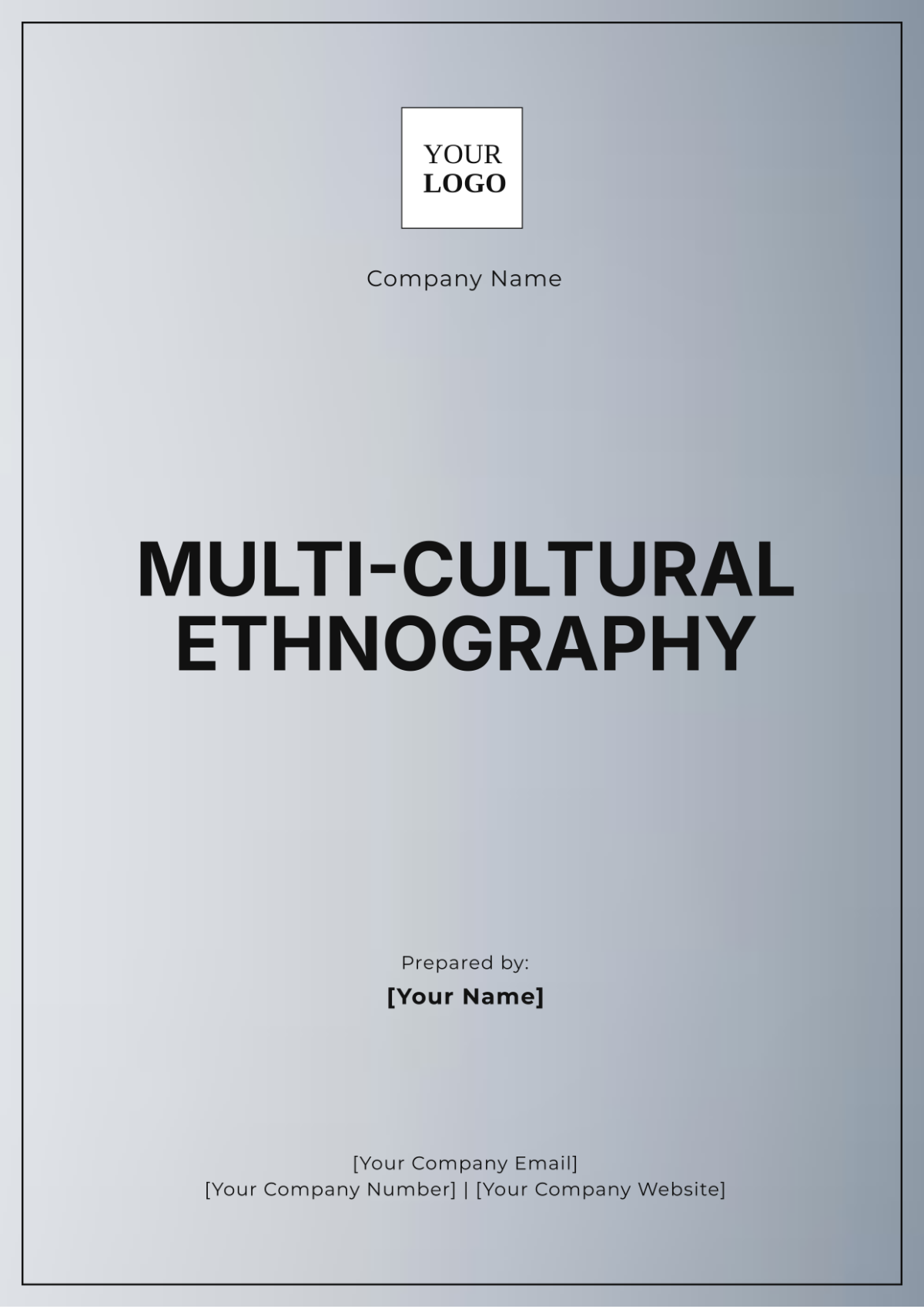
Introduction
Multi-cultural ethnography is a specialized branch of ethnographic research that delves into and documents the rich tapestry of cultural practices, beliefs, and interactions within and between diverse cultural groups. This approach utilizes a range of methodologies to uncover the complexities of cultural dynamics and interactions, offering a comprehensive view of how different cultures intersect and coexist.
Scope and Objectives
The primary objectives of Multi-Cultural Ethnography are:
Documenting Diverse Cultural Practices: Capturing the unique customs, rituals, and daily routines of various cultural groups.
Understanding Beliefs and Value Systems: Exploring the core beliefs, values, and worldviews that shape the behavior and attitudes of different cultures.
Analyzing Interactions Within and Between Cultural Groups: Examining how cultural groups interact, influence each other, and negotiate their differences.
Bridging Gaps Between Cultural Understandings: Facilitating greater empathy and understanding across cultural boundaries to reduce stereotypes and enhance mutual respect.
Methodologies
Multi-Cultural Ethnography employs a variety of research methods, including:
Methodology | Description |
|---|---|
Participant Observation | Engaging directly with cultural groups to observe practices and interactions from an insider's perspective. |
Interviews | Conducting structured or semi-structured interviews with individuals to gain deeper insights into their cultural beliefs and practices. |
Field Notes | Recording observations, reflections, and impressions during and after fieldwork to capture detailed accounts of cultural phenomena. |
Surveys | Distributing questionnaires to gather data from a larger population, providing a broader view of cultural attitudes and practices. |
Document Analysis | Reviewing existing records, literature, and media to analyze how cultural practices are represented and discussed. |
Significance
The significance of Multi-Cultural Ethnography includes:
Fostering Cultural Awareness and Sensitivity: Enhancing understanding and appreciation of diverse cultural practices and perspectives.
Informing Policy-Making and Educational Programs: Providing insights that can guide the development of more inclusive and culturally relevant policies and curricula.
Promoting Social Cohesion and Mutual Respect: Contributing to more harmonious societies by addressing cultural misunderstandings and promoting dialogue.
Enhancing Cross-Cultural Communication: Improving interactions and relationships between people from different cultural backgrounds through greater awareness and understanding.
Conclusion
In our increasingly globalized world, multicultural ethnography plays a crucial role in fostering respect and understanding across cultural divides. By offering a detailed examination of cultural practices and interactions, it provides valuable insights that are essential for creating inclusive and harmonious communities.
- 100% Customizable, free editor
- Access 1 Million+ Templates, photo’s & graphics
- Download or share as a template
- Click and replace photos, graphics, text, backgrounds
- Resize, crop, AI write & more
- Access advanced editor
Document diverse cultural insights with Template.net’s Multi-Cultural Ethnography Template. Fully customizable and editable, this template is ideal for multi-cultural studies and is editable in our Ai Editor Tool to meet the unique demands of your research.
You may also like
Free
Free CV Template

- Resume
- Cover Letter
- Report
- Budget
- Lesson Plan
- Itinerary
- Resignation Letter
- Letter
- Job Description
- To Do List
- CV
- Proposal
- Business Plan
- Checklist
- List
- Smart Goal
- Executive Summary
- Agenda
- Analysis
- Press Release
- Memo
- Note
- Action Plans
- Script
- Essay
- Brief
- Syllabus
- Tracker
- Contract
- Agreement
- Bill of Sale
- Case Study
- White Paper
- Statement
- Will
- Deed
- Notice
- Scope of Work











